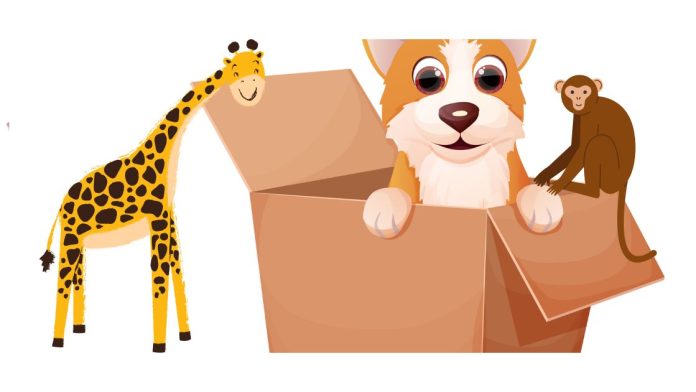Here’s a list of animals often regarded as having poor memory, based on scientific studies and anecdotal evidence. Memory capabilities in animals can vary widely depending on how memory is defined and tested (e.g., short-term memory, long-term memory, or memory for specific types of tasks):
- Goldfish
Often thought to have a memory span of just a few seconds or minutes, though recent studies suggest they may retain memories for up to a few months. However, the myth of poor memory persists. - Sloths
Sloths are known for their slow and relaxed lifestyle, and their memory is believed to be limited, likely due to their small brain size relative to body size. - Turkey
Turkeys are frequently perceived as having poor memory and being easily confused by repeated stimuli. - Snakes
Most snakes rely on instinct rather than memory. They don’t remember their owners or repeated events, and their memory serves primarily survival functions like locating prey. - Frogs
Frogs are not known for retaining information long-term. Their behavior is primarily driven by instinct rather than memory. - Ostriches
Ostriches have limited memory capacity and are more instinct-driven. They are often cited for their lack of recollection of events. - Bees
While bees exhibit remarkable memory for navigation and foraging, their memory for other tasks is limited and relatively short-term. - Jellyfish
With a simple nerve net instead of a centralized brain, jellyfish lack the capacity for complex memory. - Ants
Ants operate on pheromone trails and instinctive behavior, showing limited memory for complex tasks. - Sea Lions
While they can learn tricks and recall them in captivity, their wild counterparts demonstrate relatively poor memory for long-term or complex tasks.
Note:
These rankings are generalized and depend on the specific context of memory evaluation. Some animals thought to have poor memory may excel in specific types of tasks important for their survival.



